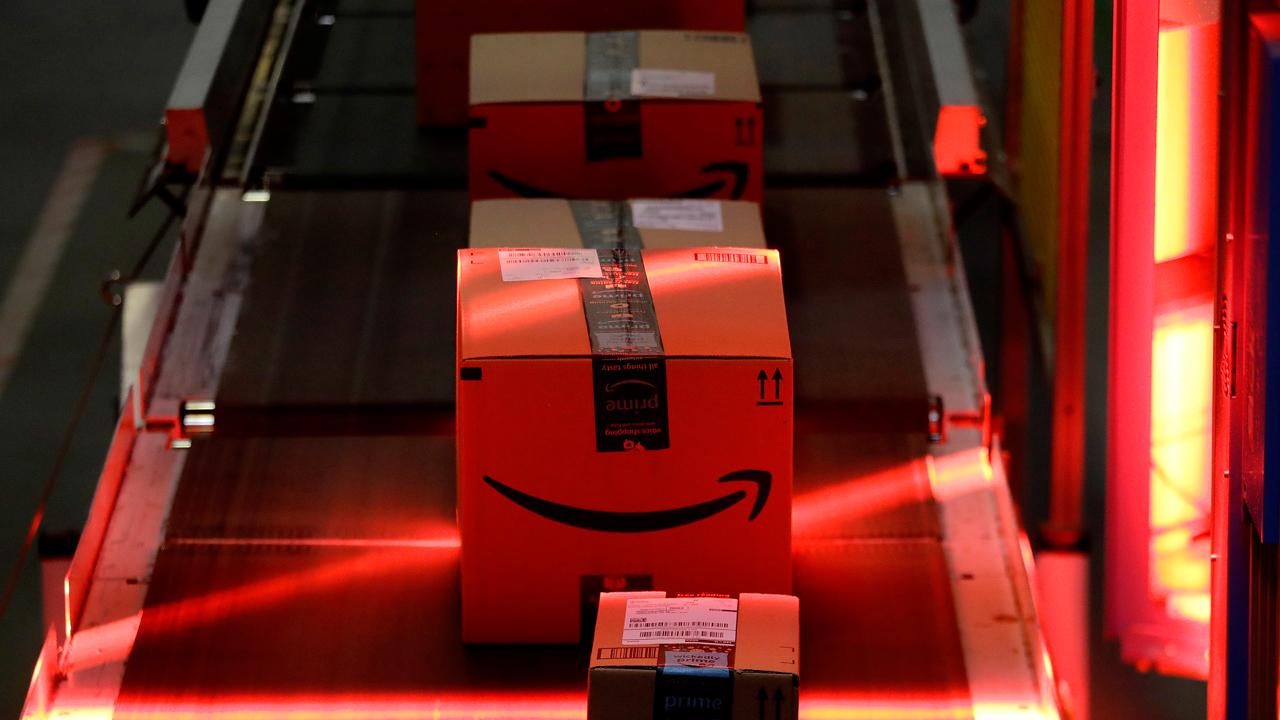U.S. tariffs to be in spotlight at G-20 summit
Global finance ministers meeting this week in Buenos Aires were planning to focus on topics like the workforce in an age of automation and how to boost infrastructure investment. Instead, their attention has turned to U.S. tariffs on steel and aluminum. Finance ministers and central bankers are meeting under the auspices of the Group of 20 summit, a gathering of leaders who represent 80% of the world's economy. The U.S. would like an agenda focused on its concerns about China. Instead this year's summit will involve much of the world trying to pressure the U.S., with French, German and Brazilian officials identifying the latest U.S. tariff moves as a focus of discussion. "We are all very concerned about the possibility of a trade war," said Marcello Estevão, the Brazilian Finance Ministry's secretary of international affairs, in a phone interview from Buenos Aires. He said Brazil planned to highlight protectionism as a risk to the global economic outlook, adding that "a majority of countries are with us" in taking this view. On his way to Argentina, German Finance Minister Olaf Scholz said the G-20 was the right body to discuss trade. "I believe the world is growing together and should remain together. Free trade is a very important resource," he said. Protectionism, he said, "has, of course, to be discussed." His French counterpart, Bruno Le Maire struck a similar line. "We don't believe in protectionism, and that we need to have a firm, united and European response to the latest decisions taken by our American partner and ally." German Chancellor Angela Merkel and Chinese President Xi Jinping spoke by phone on Saturday, where both agreed to deepen their strategic partnership and discussed global overcapacity in the steel sector. The leaders of the two countries facing U.S. tariffs "agreed to continue working for solutions within the framework of the G-20 Global Forum," Ms. Merkel's spokesman said. While finance ministers press their case in Buenos Aires, the German economics minister Peter Altmaier is traveling to the U.S. for his first trip abroad "with the aims to conduct talks with the U.S. government to prevent a trade conflict," according to his office. Argentina doesn't want trade on the agenda at this year's G-20, in part because Argentina too is engaged in delicate negotiations to be exempted from U.S. tariffs. Diplomatic relations between the U.S. and Argentina have warmed since the 2015 election of center-right President Mauricio Macri, and Argentine officials have expressed optimism that an exemption may be granted. Neighboring Brazil, on the other hand, is expected to draw attention to trade issues at the G-20 as it hopes to shake off lackluster economic growth and push back against the Trump administration's tariffs, which Brazilian officials have criticized. Unlike Argentina, Brazil, has struggled to rekindle relations with Washington under President Michel Temer, who took office in 2016 amid the controversial impeachment of his predecessor, and has been battling corruption allegations for most of the past year. The U.S.'s biggest trade partners on steel and aluminum are typical G-20 allies Mexico and Canada, who are unhappy about the move toward tariffs and are also seeking exemptions. The focus of G-20 meetings largely revolves around writing a communiqué of shared principles among nations. Last July, G-20 officials meeting in Hamburg struggled to hash out a statement on trade principles that the U.S. and other nations could agree to. The statement concluded that "international trade and investment are important engines of growth, productivity, innovation, job creation and development." The statement included the line that the G-20 would "recognise the role of legitimate trade defense instruments." A senior Treasury official, speaking last week about U.S. involvement in the G-20, said the recent U.S. moves to establish tariffs on steel and aluminum were consistent with those principles expressed in Hamburg, and that G-20 officials in Buenos Aires could "reiterate" the language from that earlier communiqué. It isn't clear if Europe, in particular, will agree. The European Union wants to be exempted from the planned steel tariffs and has intensified diplomatic efforts to change the Trump administration's mind. If it isn't granted an exclusion, the bloc has threatened to respond with $3.4 billion worth of tariffs in retaliation at certain U.S. products, challenge the tariffs at the WTO and enact measures to safeguard European industries from steel and aluminum exports diverted from U.S. markets. Europeans share U.S. concerns about China's trade practices with steel. But the EU, along with the Organization for Economic Cooperation and Development, has called on the U.S. to rely on global, rather than unilateral solutions to address excess overcapacity in the Chinese steel industry. The U.S. approach is especially unpopular because it has the potential to hit Canada, Mexico and Europe more directly than China, because the U.S. imports more steel from its closer neighbors. Write to Josh Zumbrun at Josh.Zumbrun@wsj.com, Andrea Thomas at andrea.thomas@wsj.com and Paul Kiernan at paul.kiernan@wsj.com




















